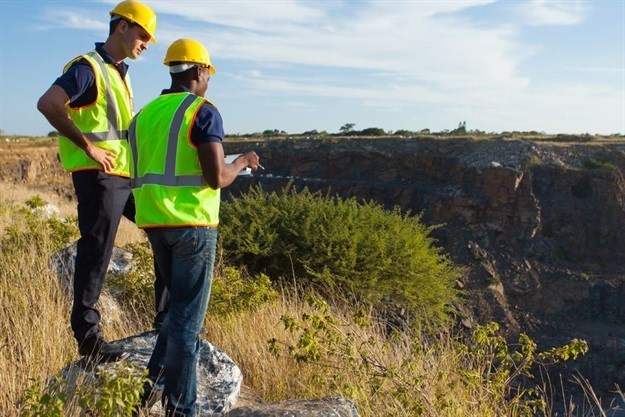
Top stories






More news














The Minister stated this in his answering affidavit, which he filed on Monday in the High Court of South Africa (Gauteng Division, Pretoria) in the matter between the Chamber of Mines (the applicant) and the respondent (the Minister).
The Department of Mineral Resources says the Chamber of Mines has complained quite extensively in the media and in their court papers, to which the chamber has sworn on oath, that no meaningful consultation had taken place.
“Throughout the course of its deliberations and consultations with the applicant from at least July 2016 onward, the department kept the applicant apprised of its thinking and consulted with the applicant as the draft 2017 charter evolved, as part of the consultative process with all the other parties. No other stakeholder was afforded this,” the department said.
Over the period March 2016 to March 2017, there were at least 17 substantive meetings and extensive engagements, which the department held with the Chamber of Mines in relation to the draft 2017 charter.
The Department of Mineral Resources embarked on a process to review and amend the Mining Charter to strengthen and refine its effectiveness in driving economic transformation and competitiveness in the mining sector.
The department said the answering affidavit deals decisively with a number of fallacies - pronounced as truth - by the Chamber of Mines.
“The answering affidavit demonstrates that every complaint of the applicant in respect of the Mining Charter is, in essence, an attempt to block effective and meaningful participation of black persons in the mining and minerals industry.
“The opening statement made by the applicant in its founding affidavit is that it is committed to ensuring transformation in the mining industry and supports the objectives of the Mineral and Petroleum Resources Development Act (MPRDA). The answering affidavit filed by the respondent [on Monday] proves that the contrary is true,” the department said.
The department said the Mining Charter was never meant to be an ‘aspirational document’, as suggested by the Chamber of Mines.
“At the time of the drafting of the MPRDA and in particular section 100(2) thereof, the legislature contemplated that the Charter would be a convenient and flexible mechanism enabling the Minister to respond to a fluid and constantly evolving situation regarding methods for the achievement of the relevant objects set out in the MPRDA.
“The intention was that, over time, as it was discovered that some aspects of the charter worked and others did not, the Minister could - effectively and relatively expeditiously - give effect to section 100(2) and some of the key objects of the MPRDA,” the department said.
The department said the Chamber of Mine assumes that the broad MPRDA objectives and policies captured in the charter’s framework and targets were permanently cast in stone in 2004 and remain so save for an amendment to the MPRDA.
This interpretation runs contrary to the spirit, purport and objects of the MPRDA, the department said. “The MPRDA very clearly empowers the Minister of Mineral Resources to develop a Charter.”
Based on legal advice, Minister Zwane believes that the Chamber of Mines has not met the requirements for an interim interdict for the following reasons:
The Minister’s answering affidavit was due on 31 July 2017. It was filed a week later, on 7 August. The department has put forward the following reasons for the delay:
SAnews.gov.za is a South African government news service, published by the Government Communication and Information System (GCIS). SAnews.gov.za (formerly BuaNews) was established to provide quick and easy access to articles and feature stories aimed at keeping the public informed about the implementation of government mandates.
Go to: http://www.sanews.gov.za